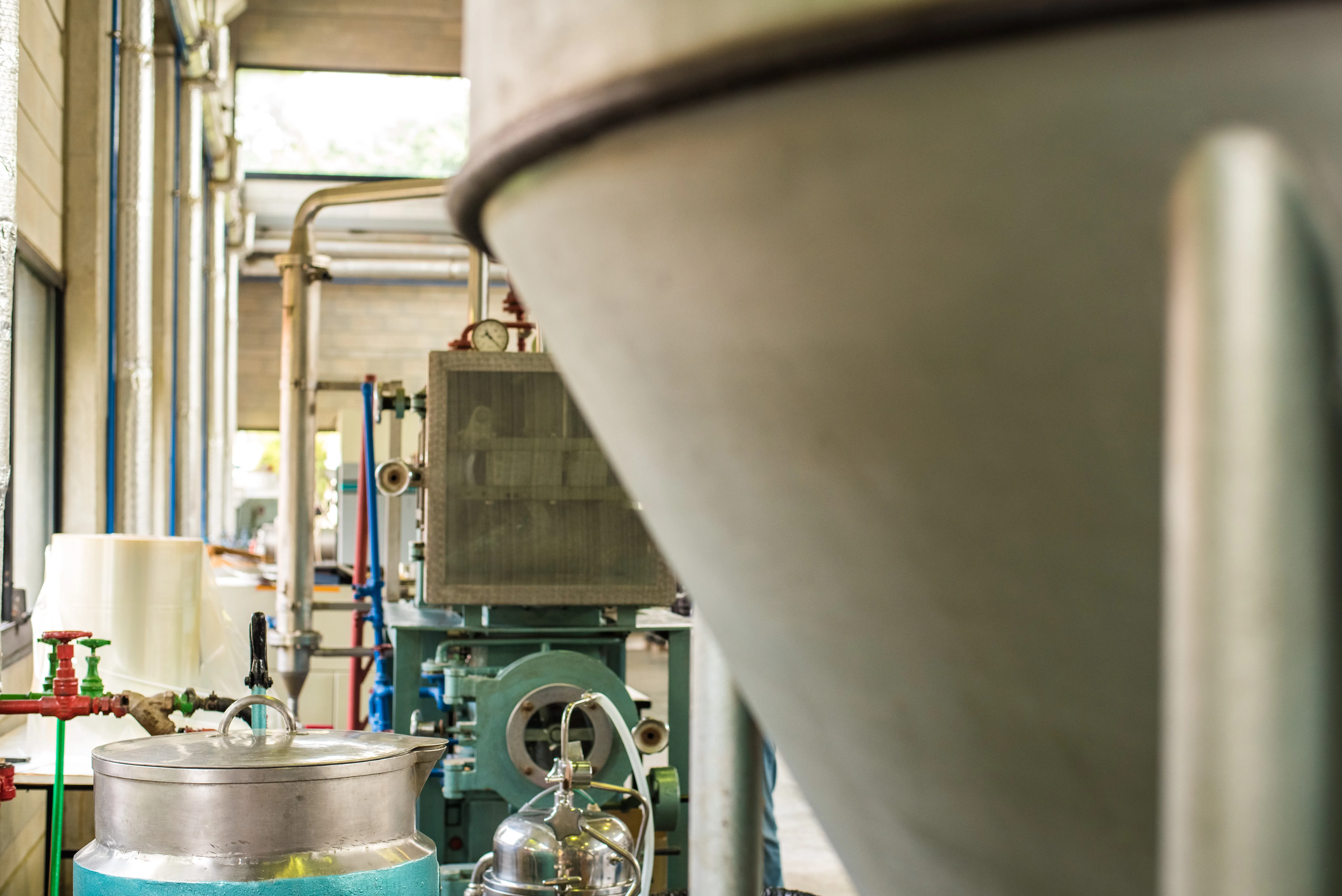In the ever-evolving food industry, optimizing production processes and ensuring product quality are paramount. An essential component of this optimization in edible oil production lies in the utilization of decanter technology. Decanters for edible oil separation not only enhance the purity of the final product but also improve production efficiency. This article explores the integral role of decanters in this industry.
Understanding Decanters in Edible Oil Separation
Decanters are sophisticated machines used widely across the oil and gas, as well as the food industry, to separate solids from liquids. In the context of edible oil production, they play a crucial role in purifying vegetable oils, animal fats, and fish oils. By leveraging the principle of centrifugal force, decanters efficiently separate mixtures into distinct components based on density differences.
The Role of Decanters in Food Production
Decanters designed for edible oil separation are indispensable in the food processing landscape. These high-speed machines facilitate the processing of substantial volumes of oil promptly, ensuring the removal of impurities such as fibers, proteins, and other contaminants. This purification process is vital in maintaining the quality and extending the shelf life of products.
Key Oils Processed Using Decanters
- Soybean Oil: Efficient in separating oil from solid impurities.
- Palm Oil: Removes unwanted impurities, separating oil from water and solids.
- Canola Oil: Aids in removing solid materials and impurities.
- Fish Oils: Separates oil from solids such as bones and skin.
- Animal Fats: Extracts fat from solid materials like bones and tissue.
Decanter Technology: Principles and Benefits
The effectiveness of decanters lies in their operational principle, which capitalizes on density differences within an oil mixture. When a crude oil mixture enters the decanter, centrifugal forces, ranging from 2000 to 4000 rotations per minute, segregate the contents. This process ensures the thorough separation of oil, water, and solids.
Post-separation, oil is funneled for further purification stages such as refining and deodorization. The solid contaminants, meanwhile, find alternative uses, thereby enhancing sustainability in the production process.
Global Market Dynamics
The demand for high-quality edible oils is surging globally, notably within emerging markets. Decanter technology stands out as a reliable, cost-efficient method for enhancing oil extraction from raw materials. It also contributes to minimizing production waste and reducing chemical usage.
Market leaders like GEA Group AG, Alfa Laval AB, and Flottweg SE dominate the decanter market, offering diverse models suited to various production needs. These technologies support sustainability initiatives by decreasing waste generation and energy consumption.
Regional Growth and Future Outlook
Major growth in the decanter market for edible oil separation is anticipated in the Asia-Pacific region, supported by rising demand in countries such as China and India. Additionally, Europe and North America are investing in new and efficient technologies to meet consumer preferences for sustainable and healthy food products.
Looking ahead, the decanter market is poised for continued expansion, driven by the dual motives of heightened quality standards and environmental stewardship within the food industry.
Conclusion
Decanters for edible oil separation represent a pivotal factor in the modern food industry, harmonizing efficiency with quality. As global demand escalates, this technology will remain critical in producing high-standard edible oils while advancing sustainability goals.
 PMG stands for Projects Management Group. We provide state-of-the-art Engineering Services to build world-class food processing factories.
PMG stands for Projects Management Group. We provide state-of-the-art Engineering Services to build world-class food processing factories.  Engineering is the difference between Chaos and Excellence. If you are going to do it, do it right.
Engineering is the difference between Chaos and Excellence. If you are going to do it, do it right.  Explore the diverse range of Products in the Food Processing Industry.
Explore the diverse range of Products in the Food Processing Industry.  Explore the technologies at the heart of the the Food Processing Industry.
Explore the technologies at the heart of the the Food Processing Industry. 


 Back
Back 



